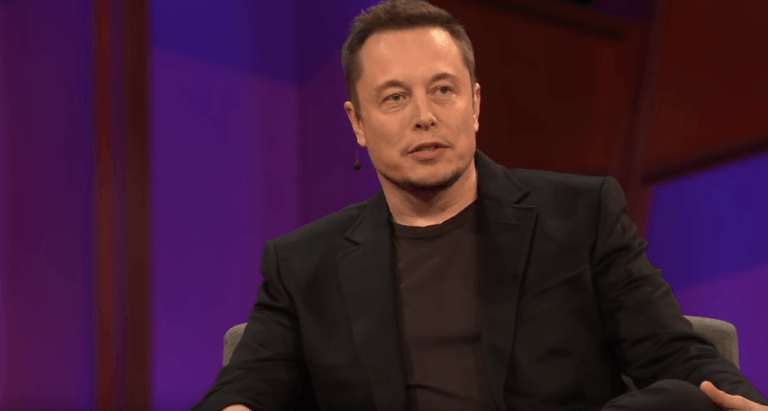At the recent All-In Summit 2024, Elon Musk, CEO of Tesla and SpaceX, touched on a wide range of topics, including free speech, regulation, and his views on government efficiency. Musk began by addressing his battle to preserve free speech, emphasizing that there is a global movement aimed at stifling open dialogue. Musk explained that this push against free speech should concern everyone, as “there are places in the world right now where if you’re critical of the government, you get imprisoned or killed.” He highlighted the importance of protecting free speech in democratic societies, referencing how it was the First Amendment in the U.S. Constitution for good reason.
Musk expressed his frustration with how certain countries, including Brazil, have handled his efforts to maintain free expression on his platform, X (formerly known as Twitter). He shared his concerns about being asked to break Brazilian law, stating that X Corp was navigating complex legal challenges there. Musk clarified that his goal is to follow the laws in every country where X operates, but he stressed that the platform must not be forced into dishonorable or unethical actions. According to Musk, the situation in Brazil has led to ongoing discussions with judicial authorities as his company seeks clarity on legal expectations.
Musk also reflected on how some media outlets, particularly in the U.K., have called for his imprisonment due to his acquisition of X and his decision to uphold free speech. He mentioned several articles from publications like The Guardian that have demanded his arrest, questioning their motives and labeling them as proponents of censorship rather than guardians of free discourse.
Discussing the regulatory environment in the U.S., Musk voiced concerns about the excessive regulations that hinder innovation and progress. He argued that regulations pile up over time until “everything’s illegal.” Musk used the example of SpaceX being fined $140,000 by the EPA for allegedly dumping potable water on the ground—despite no actual harm being done. He said, “We’re in a tropical thunderstorm region; water falls from the sky all the time,” and lamented the regulatory burden, which he described as a hindrance to achieving goals like reaching Mars.
Musk also discussed the differences between states, contrasting California and Texas when it comes to building infrastructure. He noted that it took just 14 months to build the Tesla Gigafactory in Texas, while the same project in California would have been bogged down for two years just in regulatory approvals. Musk also compared this to China, where Tesla’s Gigafactory was built in 11 months. He emphasized that while some regulation is necessary, a balance must be found to prevent innovation from being strangled by bureaucracy.
On the topic of government efficiency, Musk proposed the idea of a “Department of Governmental Efficiency,” a hypothetical agency that would focus on reducing unnecessary regulations and improving the speed and effectiveness of government projects. He criticized the wasteful spending on infrastructure projects in the U.S., pointing to the California High-Speed Rail project as an example of mismanagement, where billions have been spent with little progress.
Reflecting on his leadership of X, Musk addressed the public outcry following his acquisition of the platform. He recalled how the media predicted the site’s collapse, with many articles declaring that Twitter was “dead forever.” Musk highlighted that, contrary to these predictions, the platform has since launched “50 more features” while cutting costs dramatically. He attributed this success to “zero-based budgeting” and a focus on efficiency.









